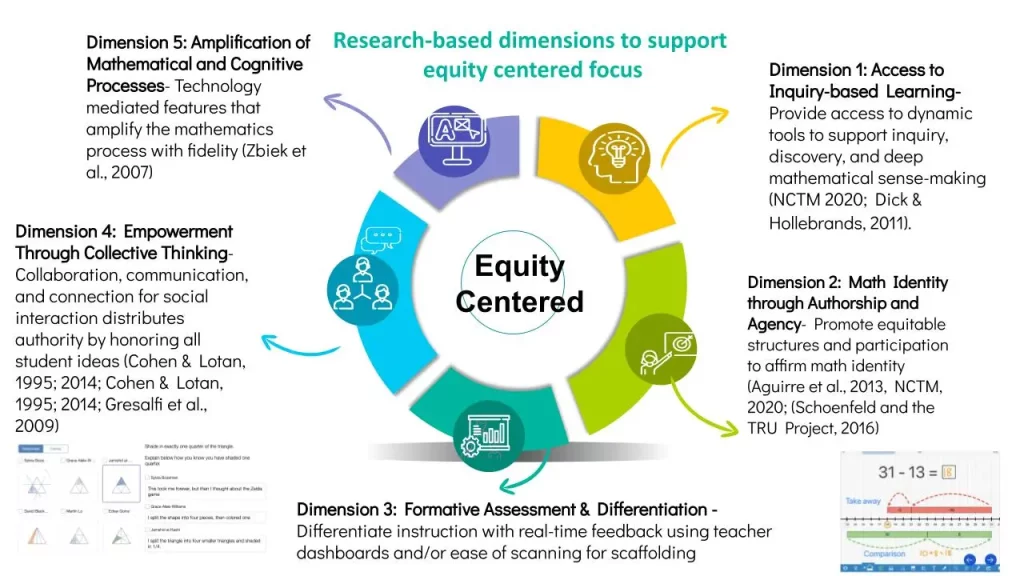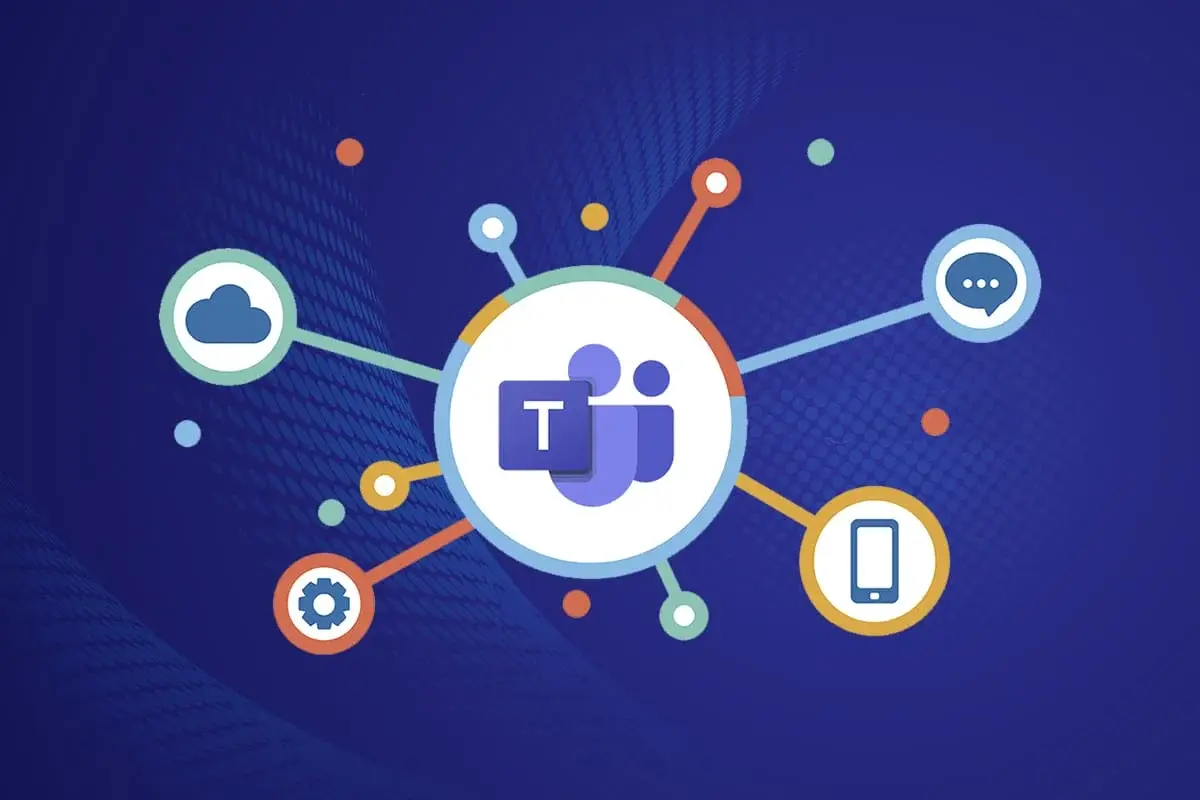Empowering Change Through Tech Equity Initiatives

In recent years, the tech industry has faced growing scrutiny over its diversity and inclusion practices. Tech Equity Initiatives have emerged as pivotal strategies to bridge gaps and promote fairness. By empowering underrepresented groups with access to resources, training, and networks, these initiatives aim to reshape the future of technology. This blog post delves into current tech equity initiatives. It explores why they are crucial for fostering an inclusive digital future.
- Current Tech Equity Initiatives
- Grassroots and Nonprofit Organizations
- Why Tech Equity Initiatives Are Important
- Impact Stories: Successes of Tech Equity Initiatives
- How You Can Support Tech Equity
- FAQs
- Conclusion
Current Tech Equity Initiatives

The Rise of Impact Funds
One significant approach to advancing tech equity is through the establishment of impact funds. For instance, the Tech Equity Collective Impact Fund launched with an initial commitment of $1 million, supports organizations that are dedicated to fostering Black innovation and representation in the tech sector. These funds typically provide:
- Non-dilutive financial support: Aiding projects without requiring equity, ensuring the mission remains focused on impact rather than profit.
- Strategic growth programs: Offering seminars and workshops that help organizations scale their operations and increase their effectiveness.
Grassroots and Nonprofit Organizations
Several nonprofits and community organizations are pivotal in driving tech equity. Notable examples include:
- America on Tech: Prepares underestimated BIPOC students for technology careers.
- Baddies in Tech: A network that supports women of color in tech through professional development.
- Black UX Labs: Connects companies with diverse tech talent, emphasizing leadership roles for Black professionals.
These organizations work tirelessly to create inclusive pathways into tech, highlighting the importance of community involvement in tech equity.
Why Tech Equity Initiatives Are Important
Bridging the Representation Gap
Tech industries often reflect significant disparities in workforce representation. Tech Equity Initiatives address these imbalances by opening doors for those usually excluded from technology careers, such as Black, Latinx, and female tech talents.
Fostering Innovation Through Diversity
Diverse teams are proven to be more innovative and effective. By promoting diversity, tech equity initiatives contribute not only to fairness but also to enhanced creativity and problem-solving within teams.
Economic Empowerment
These initiatives empower individuals from underrepresented communities to secure well-paying tech jobs by providing training and resources, elevating economic opportunities, and reducing income disparities.
Impact Stories: Successes of Tech Equity Initiatives
Organizations supported by tech equity funds report transformative effects. For instance, grantees like Morgan Latimer Consulting have launched new courses and expanded their reach, directly benefiting the communities they serve. Such success stories underscore the tangible benefits of investing in tech equity.
How You Can Support Tech Equity

Educate Yourself and Others
Awareness is the first step towards change. Learning about tech equity and discussing it within your networks can help amplify the importance of these initiatives.
Participate in Programs and Workshops
Engaging in tech equity programs, whether as a participant or a mentor, can significantly contribute to achieving the initiative’s objectives.
Donate or Fundraise
Contributions to tech equity funds can help sustain and expand these crucial programs, ensuring ongoing support for tech equity.
FAQs
- What are Tech Equity Initiatives? Tech Equity Initiatives are programs and policies designed to ensure equitable access to technology, education, and career opportunities in the tech industry. They aim to address systemic inequalities by supporting underrepresented groups through training, funding, and community development efforts.
- Why is tech equity significant in today’s society? As technology increasingly influences all aspects of life, ensuring equitable access to tech opportunities is crucial for social justice. Tech equity helps prevent a digital divide and ensures that all communities have the skills and opportunities to thrive in a digitally-driven economy.
- Who benefits from Tech Equity Initiatives? While these initiatives primarily target underrepresented groups in the tech industry, including racial minorities, women, and economically disadvantaged individuals, the broader society also benefits. Diversity in tech leads to more innovative solutions and a more inclusive economy.
- How effective are Tech Equity Initiatives? Many initiatives have reported significant success in increasing representation and supporting career advancement for underrepresented groups. Success stories from funds like the Tech Equity Collective Impact Fund show enhanced skills, job placements, and organizational growth.
- Can organizations outside the tech industry participate in tech equity efforts? Absolutely! Non-tech organizations can participate by partnering with tech equity programs, sponsoring events, providing internship opportunities, or simply advocating for diversity and inclusion within their communities.
- What are common challenges faced by Tech Equity Initiatives? Challenges include securing sustainable funding, overcoming systemic biases within the tech industry, and scaling successful programs to reach a broader audience. Despite these hurdles, ongoing efforts and partnerships continue to drive progress.
- How can individuals contribute to promoting tech equity? Individuals can contribute by educating themselves and others about the importance of diversity in tech, supporting tech equity organizations through donations or volunteer work, and advocating for inclusive hiring practices within their workplaces.
- What future trends are expected in the realm of Tech Equity Initiatives? Future trends include increased collaboration between tech companies and educational institutions, the use of AI and machine learning to tailor educational resources for diverse populations, and greater governmental involvement in funding and regulating tech equity efforts.
- Are there specific success metrics for Tech Equity Initiatives? Success metrics often include the number of individuals trained or supported, improvements in job placement rates, diversity within tech roles, and the long-term career advancement of participants. These metrics help organizations evaluate their impact and refine their strategies.
- How does tech equity influence innovation in the tech industry? By fostering diverse teams and inclusive environments, tech equity initiatives contribute to broader perspectives and unique ideas, which are critical for innovation. Studies have shown that diverse teams are better at problem-solving and driving creative solutions, enhancing the tech industry’s overall productivity and inventiveness.
Conclusion
Tech Equity Initiatives play a crucial role in democratizing access to technology and its benefits. By supporting and participating in these programs, we can contribute to a more equitable tech landscape that not only values diversity but also thrives because of it. The journey toward tech equity is ongoing, and each step forward amplifies the potential for innovation and justice in the digital age.
This comprehensive examination of Tech Equity Initiatives illustrates their importance and the broad scope of their impact, underscoring the vital role they play in shaping an inclusive and innovative tech industry.






